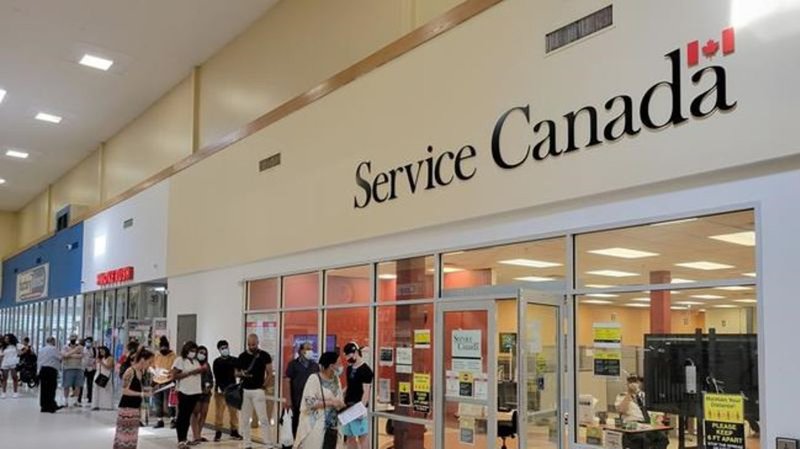
Passport delays, BoC annual financial system review : In The News for June 9
In The News is a roundup of stories from The Canadian Press designed to kickstart your day. Here is what’s on the radar of our editors for the morning of June 9 …
What we are watching in Canada …
After more than two years of pandemic-restricted travel, many Canadians are hoping to relieve their wanderlust this summer.
But there is some concern that vacation plans could be scrambled due to a backlog in passport processing times.


